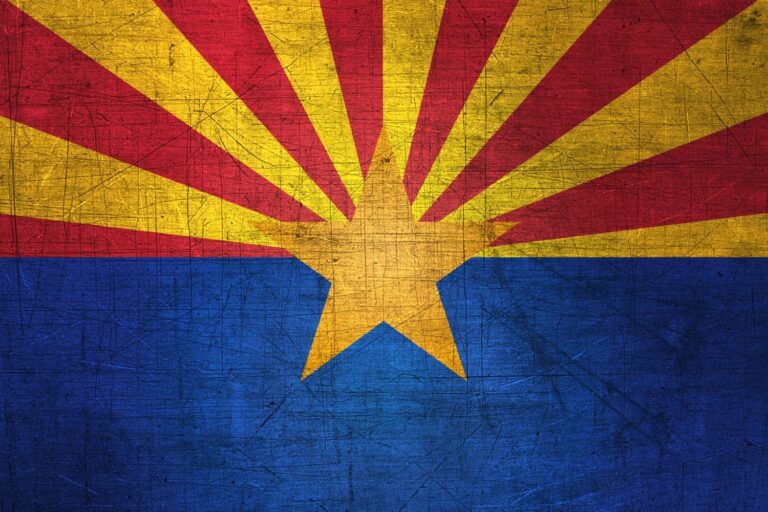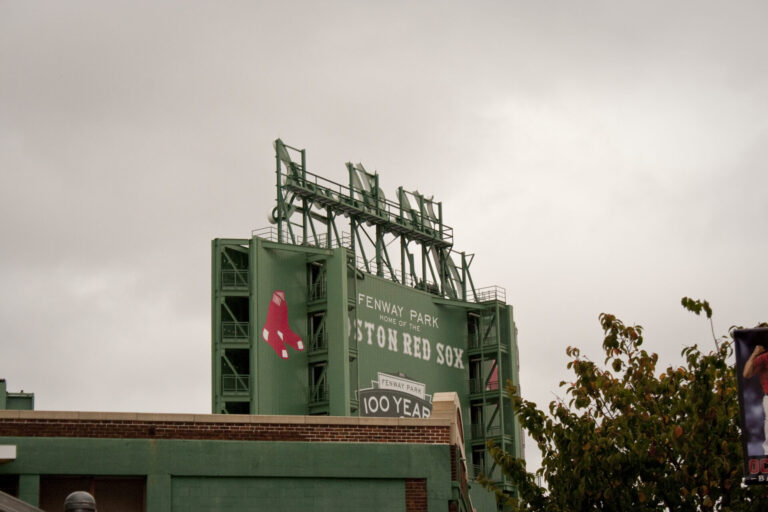C. Boyden Gray: Tobacco, Tea Party, and Dirty Energy
As someone with deep ties to right-wing political circles, and strong financial ties to the tobacco industry, C. Boyden Gray fits the bill as the ideal lobbyist for the dirty energy industry. Dirty energy in many ways is the successor to the tobacco industry, given how it uses front groups and pundits to avoid public health regulations.
With impending EPA regulations for coal and gas, Gray and other lobbyists are getting busy trying to block progress on rules that would curb pollution and global warming.
C. Boyden Gray is an heir to the RJ Reynolds tobacco fortune – his grandfather was CEO of the company – and the co-chair and board member of the Tea Party powerhouse FreedomWorks Foundation. Gray is also a lobbyist for one of the worst coal corporations in America – FirstEnergy – and an outspoken critic of reforms that would reduce greenhouse gas emissions and global warming.
Those three groups – tobacco, tea party, and dirty energy – have become inextricably tied together. Through fossil fuel-funded front groups, the dirty energy industry has copied tactics from Big Tobacco’s infamous operations to manufacture doubt about clear scientific evidence, with pundits and lobbyists like Gray fueling climate change denial and attacking environmental and health regulations.
Gray is a founding partner of the lobbying firm Boyden Gray & Associates, where he advocates for the fossil fuel corporation FirstEnergy Corp., named one of the top 10 worst corporations in America in 2006, among others. Prior to the founding of his firm, he was a lawyer and lobbyist at Wilmer, Cutler and Pickering (now WilmerHale), where he represented clients facing federal sanctions for violating environmental laws. Many of his clients faced significant federal criminal prosecutions under the Clean Water Act. He counseled the Trans-Alaska Pipeline Liability Fund in litigation from the Exxon Valdez and American Trader oil spills, and he lobbied against the REACH bill, which required manufacturers to test industrial chemicals and to gather health and safety data.
Gray’s influence on environmental regulations extends beyond his days as a lobbyist. Gray served as legal counselto Vice President Bush from 1981-1988 and White House Counsel in the Bush’s presidential administration from 1989-1993.
His position in the White House, and later as chairman of Citizens for a Sound Economy (CSE – predecessor to FreedomWorks), gave him power and influence, which he put to work for Big Tobacco.
In a letter found on the Tobacco Archives, Horace Kornegay of the Tobacco Institute wrote a hand-signed letter to Gray in 1981, asking for regulatory relief from “wasteful programs such as the annual reports on cigarettes and cigarette advertising.” Kornegay also urged Gray to “deal with” problems they were facing with antitrust litigation. Kornegay wrote to Gray again in 1982 to thank him for his advisement on the progress of the Presidential Task Force on Residential Relief.
In 1995, the Federal Drug Administration (FDA) began drafting legislation for the “FDA Rule” – proposed tobacco regulations to prevent and reduce tobacco use by children. The intended regulations, finalized in 1996, would have been the strongest tobacco controls to date. The proposed controls included prohibiting non-face-to-face sales of tobacco products, prohibiting outdoor advertising of tobacco products near schools or playgrounds, imposing more stringent advertising regulations, and prohibiting brand name sponsorships.
During that year, Gray, as a Wilmer Cutler lawyer, testified on behalf of CSE to attack increased funding for the FDA before the Treasury, Postal Service, and General Government Subcommittee of the House Committee on Appropriations. Consequently, CSE lobbied hard against the FDA, calling Congressmen, meeting with allies, and advertising aggressively to emphasize problems with the FDA. Full-page ads were placed in the Washington Times and the Congressional Monitor, among other outlets.
Ultimately, the Supreme Court ruled that the FDA needed authority from Congress to pass the tobacco control bill, which didn’t become law until 2009, when President Obama finally signed the Tobacco Control Act.
After long partnership and deeply embedded ties with Big Tobacco, Gray has certainly picked up a few tactics on manufacturing doubt at the expense of the public welfare.
Currently, Gray writes a monthly column in The Washington Times, which he has used as an outlet to criticize environmental regulations, e.g. “Reducing Ozone Could Kill Jobs.” And, he recently warned of dire consequences in the case of stronger clean air regulations.
C. Boyden Gray, coal lobbyist and Tea Partier with Big Tobacco roots, is not alone. A recent academic study from UCSF confirms the connection between Big Tobacco and the Tea Party. The Tea Party’s anti-tax movements weretraced back to the 1980s, when the tobacco industry fought taxes and regulation by way of third parties, such as CSE.
Climate change deniers and fossil fuel advocates are not only using the same tactics as Big Tobacco to promote skepticism, in many cases, like C. Boyden Gray, they are same people. These pundits and lobbyists know how to manufacture doubt around scientific consensus and convince Americans that public health protections are unnecessary. And when it comes to climate change, there’s no time to wait. Every delay makes it harder to prevent catastrophe.



